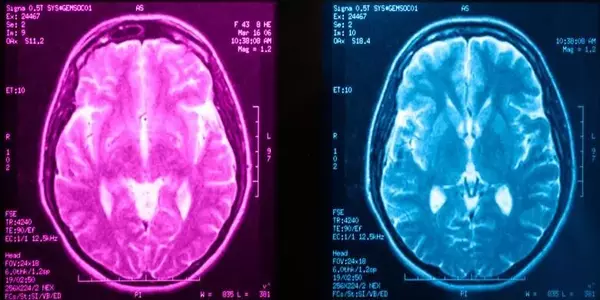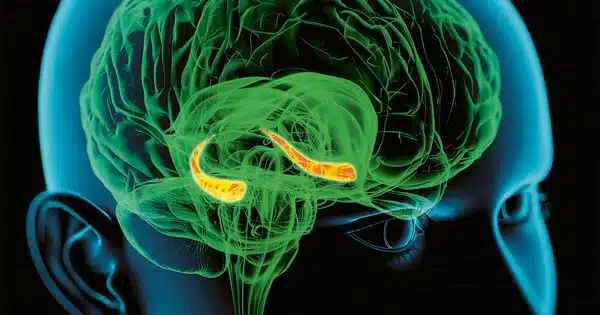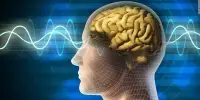The recall of memories, particularly traumatic ones, is a complex process involving multiple brain regions. When a person recalls a traumatic event, specific patterns of brain activity can be observed. It’s worth noting that our understanding of brain activity during memory recall is always changing, and research in this area is ongoing.
People who have experienced traumatic events such as sexual assault, domestic abuse, or violent combat are known to experience symptoms of post-traumatic stress disorder (PTSD), such as terrifying flashbacks, severe anxiety, and uncontrollable thoughts about the incident. But what exactly happens in the brains of PTSD patients when they recall these traumatic events? Are they remembered in the same way that, say, the death of a beloved pet – or, for that matter, a relaxing walk on the beach?
A new study co-led by Yale researchers finds that the brain activity triggered by recollections of traumatic experiences in people with PTSD differs significantly from that triggered by sad or “neutral” life experiences.
When people recall sad or neutral events from their past experiences, the brain exhibits highly synchronous activity among all PTSD patients. However, when they were told about their own traumatic experiences, their brain activity became highly individualized, fragmented, and disorganized.
Ilan Harpaz-Rotem
Researchers discovered that brain patterns were consistent across all individuals when they recalled their more typical life experiences in the study, which included 28 different patients diagnosed with PTSD. However, when the participants were reminded of traumatic events from their past, their neural responses varied significantly.
“When people recall sad or neutral events from their past experience, the brain exhibits highly synchronous activity among all PTSD patients,” said Yale’s Ilan Harpaz-Rotem, professor of psychiatry and psychology and co-senior author of the study. “However, when they were told about their own traumatic experiences, their brain activity became highly individualized, fragmented, and disorganized.”

“They are not like memories at all.”
The study, conducted with researchers at Icahn School of Medicine at Mount Sinai in New York, is published Nov. 30 in the journal Nature Neuroscience.
For the study, the researchers asked each of the 28 participants a series of questions about their traumatic experiences, sad events in their lives (such as the death of a family member), and times when they felt relaxed. Each person’s story was written down and then read back to them while they underwent fMRI (functional magnetic resonance imaging) scans, which are used to map brain activity based on blood flow.
The researchers discovered that when subjects were reminded of sad or relaxing memories from their lives, activity in the hippocampus — the area of the brain that forms memories of our experiences — followed similar patterns of activity, indicating typical normal memory formation.
However, when stories about their traumatic experiences were read back to them, the group members’ hippocampal activity similarities vanished. Rather than the more synchronous patterns of brain activity seen during normal memory formation, each subject’s hippocampus displayed highly individualized and fragmented activity.
According to the researchers, the findings could explain why PTSD patients have difficulty recalling traumatic experiences in a coherent manner, as well as why these past experiences can trigger disabling symptoms.
According to Harpaz-Rotem, these insights may help psychotherapists guide PTSD patients in developing narratives about their experiences, which may help them eliminate the sense of immediate threat caused by their trauma.
















